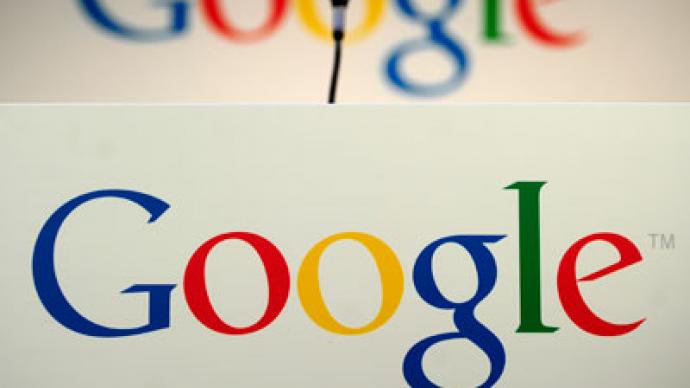UN to tax American Internet companies?

The way the Internet operates as we know it could all soon change. A recently leaked document reveals that a European-based lobby group has asked the United Nations to tax American websites that provide services abroad.
In December, the leak reveals, the European Telecommunications Network Operators Association (ETNO) approached the United Nations with a proposal that would outline a restructuring of the Internet’s business model when taking into account Web entities with an international presence. If approved, the legislation would tax American-based content providers — such as Apple, Google and Netflix — for offering services to customers overseas. Should they get their wish, the ETNO might soon usher in some serious revisions for the International Telecommunications Regulations (ITR), a legislation that deals with cross-border communications traffic that has remained untouched since its last revision in 1988."New services enabled by the Internet are changing the economic landscape, and indeed the very nature of the telecoms industry," reads the ETNO proposal. "Revisions of the ITRs should acknowledge … the principle that fair compensation is received for carried traffic and operators' revenues should not be disconnected from the investment needs caused by rapid Internet traffic growth. This should at best be achieved through commercial arrangements between players."The ETNO is made up of telecommunication companies including Swisscom and Spain’s Telefonica that are well-established in nearly three dozen European countries. The ETNO Executive Board voted unanimously to approve the proposal, which was then brought before the UN’s International Telecommunication Union last year. Only now, however, has news of the secret suggestion been made public.In a statement sent to Cnet after they broke the story late Thursday, the ETNO says that the police could create a more "fair" environment."It will be possible to establish new interconnection policies based on the 'value' of the traffic (not only on the 'volume'), enabling new business models and implementing an ecosystem where operators' revenues will not be disconnected from the investment needs made necessary by the rapid growth of Internet traffic,” ETNO adds, insisting that their proposal wouldn’t be damaging to the Internet’s core operations but instead should be welcomed as an “innovative” way to regulate international communication carried out over the Web. Speaking to Cnet, though, Internet Society public police manager Sally Shipman Wentworth says the proposal is “extremely worrisome” because "It could create an enormous amount of legal uncertainty and commercial uncertainty."














